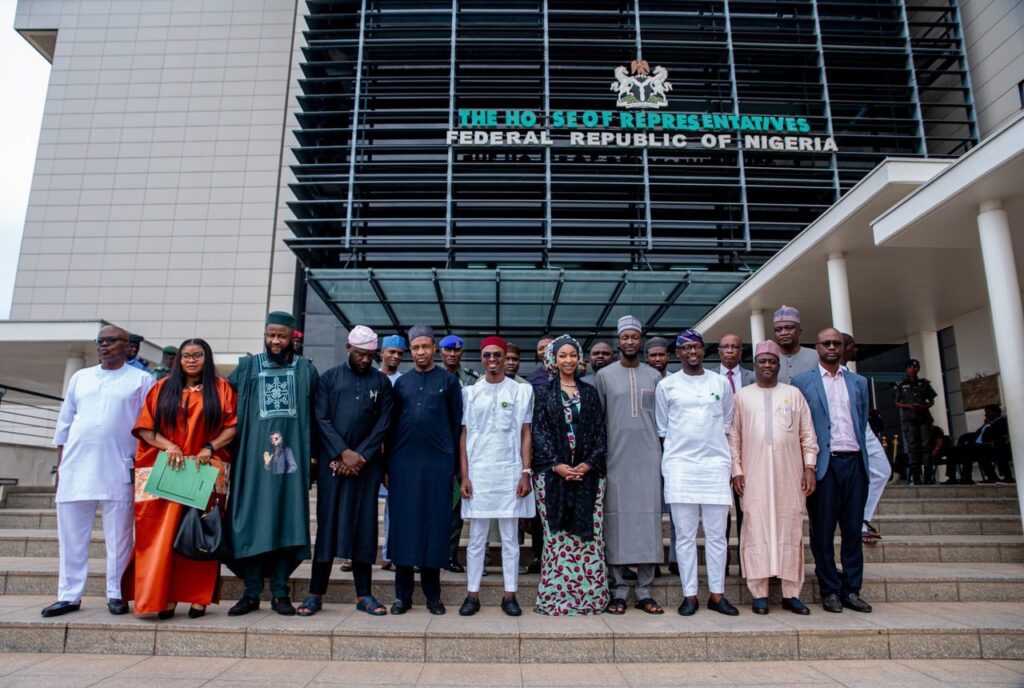The Federal Ministry of Art, Culture, Tourism and Creative Economy has presented its budget performance report to the National Assembly, outlining its achievements, challenges, and strategic plans for the sector’s development.
The presentation was made before the House Committee on Art, Culture and Creative Economy in Abuja and showcased the ministry’s ongoing efforts to promote Nigeria’s cultural heritage, boost the creative economy, and contribute meaningfully to national economic growth.
According to the report, the ministry’s key focus areas include the development of a robust intellectual property framework, investment in critical infrastructure, and fostering stronger collaboration with both domestic and international stakeholders.
Presenting the report, the Minister of Art, Culture and Creative Economy, Hannatu Musa Musawa, highlighted the ministry’s eight-point plan, which includes initiatives such as Nigeria Destination 2030, digital transformation, cultural heritage preservation, skills development, strategic partnerships, and the establishment of a policy environment conducive to industry growth.
Despite challenges such as limited funding and infrastructure deficits, Musawa said the ministry has made considerable strides in supporting the creative sector and projecting Nigerian culture on the global stage.
“We cannot do this alone,” the minister emphasized. “We must collaborate with stakeholders, including industry experts, international partners, and the National Assembly, to drive economic growth and job creation through the creative industry.”
Musawa disclosed that the ministry is exploring the development of infrastructure projects, including a physical “Bollywood-style” creative hub and a Nigerian streaming platform to showcase local content. She added that a grant has been secured from the French Treasury to support infrastructure development and international collaborations.
Earlier, the Permanent Secretary of the Ministry, Dr. Mukhtar Yawale Muhammed, MFR, mni, presented key statistics on the ministry’s performance, including its contribution to Nigeria’s GDP, tourism revenue generation, and project execution under the current budget cycle.
Chairman of the House Committee on Art, Culture and Creative Economy, Hon. Gabriel Saleh Zock, commended the ministry’s efforts and reiterated the committee’s commitment to supporting the sector’s growth.
“We are here to assess your budget performance and ensure that appropriated funds are effectively utilized,” Zock stated. “We look forward to fostering a closer working relationship with the ministry to achieve shared goals.”
The session offered lawmakers deeper insights into the ministry’s ongoing reforms and its strategic role in transforming culture and creativity into engines of economic development.















